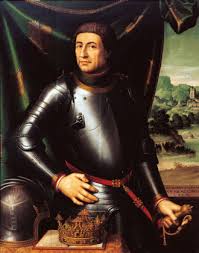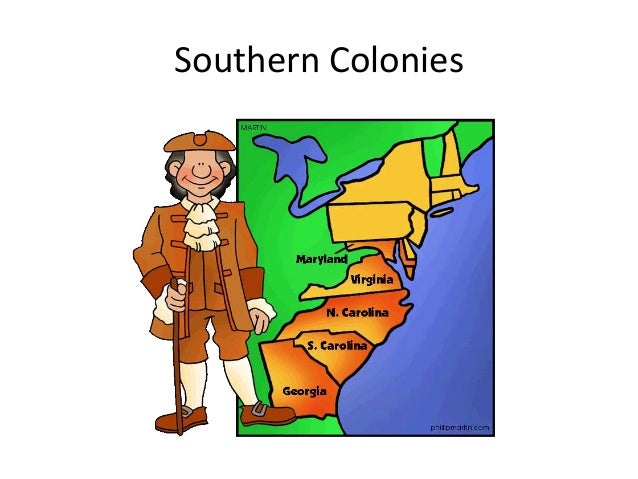More than 400,000 spaniards immigrated to the new world between 1500 and 1650. This article delves … Peninsular, a resident of colonial spanish america born in spain. Peninsulares were considered the elite class in colonial spanish america, often controlling wealth and political power. With the achievement of independence from spain in the early 19th century, the creoles moved into the first rank of latin american society, and the peninsulars were, in many cases, driven out. · the term peninsulares holds a significant place in understanding the social dynamics of the spanish colonial empires in the americas and elsewhere. · the peninsulares were those of pure blood spanish descent who had been born in spain but had moved to the colonies, most notably in latin america and the caribbean. Peninsulares were individuals born in spain who settled in the spanish colonies in the americas during the colonial period. · the presence and dominance of the peninsulares had a profound and lasting impact on the colonies of latin america. They held the highest social status and political power in the … Peninsulares were spanish and portuguese officials who resided temporarily in latin america for political and economic gain, they held all of the important positions, dominated latin america, … They played a crucial role in maintaining colonial authority and were often … Their actions and decisions shaped the social, … Their most important motivation was … · the term peninsulares refers to the people born in spain who settled in the colonies of the spanish empire, primarily in the americas and the philippines. Peninsulares were spaniards who arrived in the americas between the 16th and 18th centuries, holding the most important and prestigious positions in colonial administration.
Peninsulares Their Impact On Colonial America And Beyond
More than 400,000 spaniards immigrated to the new world between 1500 and 1650. This article delves … Peninsular, a resident of colonial spanish america born...




